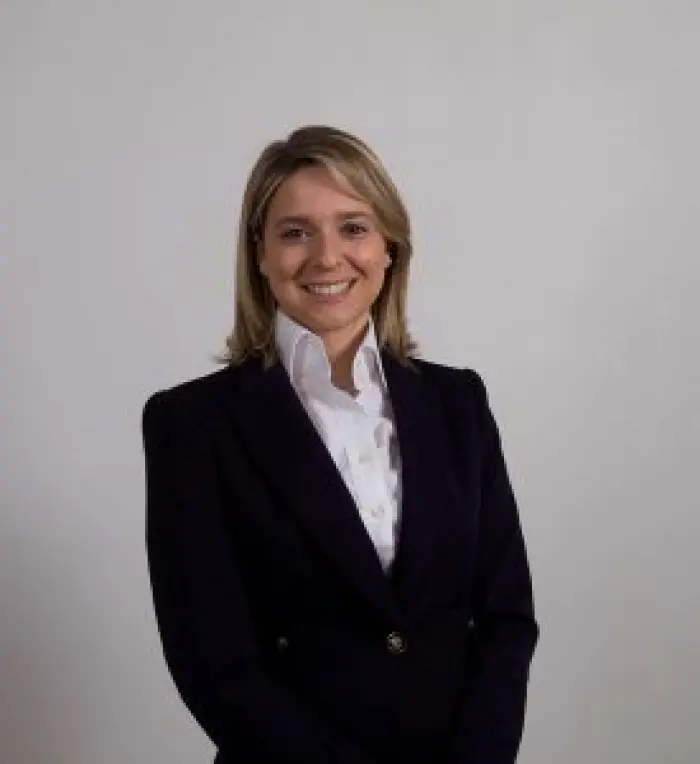/ Interview with MEP Claudia Monteiro De Aguiar, Member of the Transport and Tourism Committee
Monday, 14 December 2015
industry-interviews
interview
Ms. Cláudia Monteiro de Aguiar is Member of the European Parliament Committee on Transport and Tourism. Since she was elected Member of the European Parliament, she has been actively contributing to key discussions around the tourism sector in the European Institutions. MEP Monteiro de Aguiar also participated as a key note speaker to the last HOTREC General Assembly held on 5 and 6 November 2015 in The Hague. HOTREC has asked Ms. Monteiro de Aguiar to present the new European Parliament report on tourism, as well as about her views on how the EU could facilitate travel to Europe for tourism, and how to tackle the sharing/collaborative economy phenomenon affecting tourism.
1- Europe remains world’s destination number one. Nevertheless it is losing its market share. As one of the co-authors of the opinion report voted at the TRAN committee (Committee on Transport and Tourism, at the European Parliament), which are, from your point of view, the most important measures the European Union could introduce in order to make the access of legitimate travellers coming to Europe less burdensome, costly and lengthy? Despite the depth of the economic crisis, the tourist industry has proved resilient with numbers of tourist trips remaining high. In 2014 Europe consolidate its position as the most visited region in the world, with over half of the world´s international tourists, reaching a total of 588 million. According to the UNWTO, between January to August 2015, Europe recorded a robust 5% increase in international tourist arrivals, the highest across all regions, compared to the same period of 2014. Tourism has been instrumental in supporting the economic recovery of many countries and in generating new jobs. To keep this path there is a need to simplify and modernise the Visa Code. Complicated processes, processing times and expenses associated with obtaining a visa can persuade legitimate travels for applying to a Visa. I was the responsible at the TRAN Committee to both opinions on the Visa Package: the recast of Visa Code and the Touring Visa. These two opinions were approved at the Committee with a large majority. The points which I would like to underline on both reports are:
- Visa facilitation for regular travels already registered thought the VIS system and the possibility of Multiple Entry-Visa for a period between 5 and 10 years;
- Increase the ease of Access by extending the possibility of lodging a Visa application at another Member-State Consulate;
- The set-up of an online pre-registration system for issuing a Visa at the external border;
- The need for implementing a @Visa and digital procedures;
- Extension of visa facilitation for seafarers;
- Less burdensome, such as the end of the obligatory interview, and the revision of the documents needed to apply for a Visa;
- The creation of the new type of visa, Visa Touring, which should allow leisure tourists to travel around Europe during 1 to 2 years.
